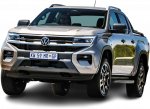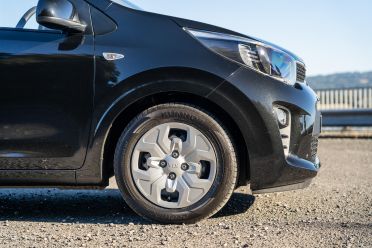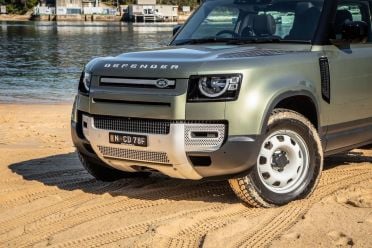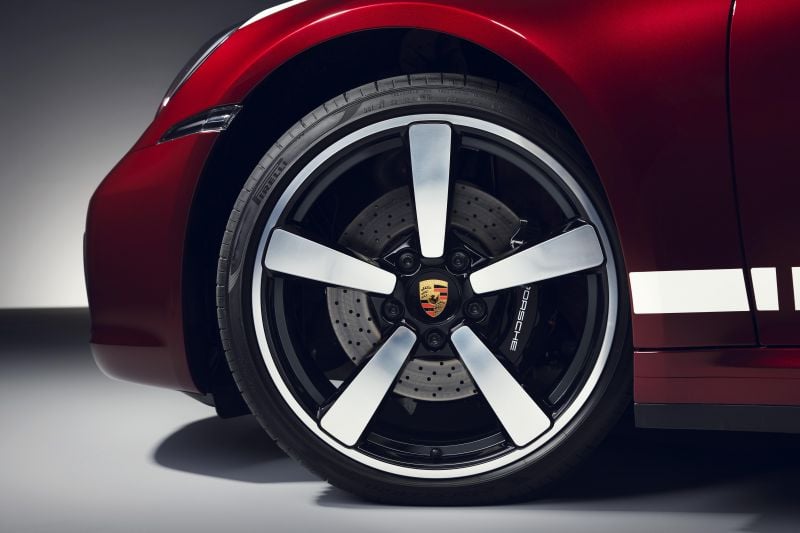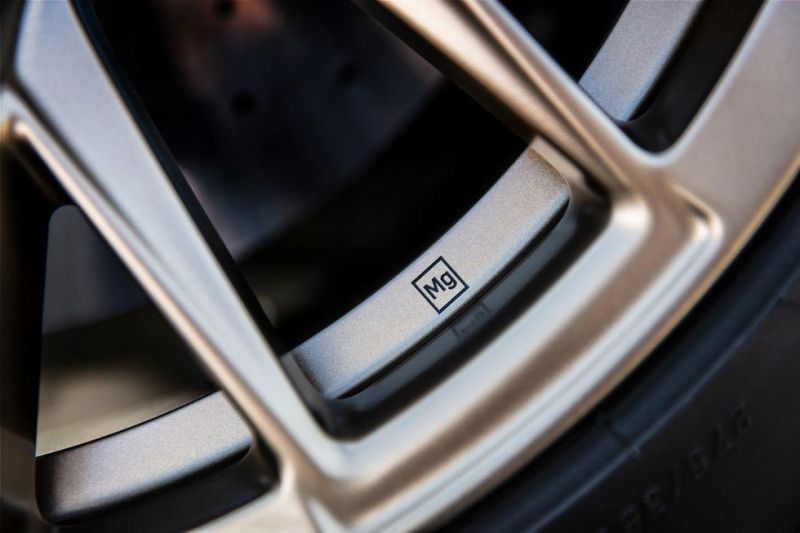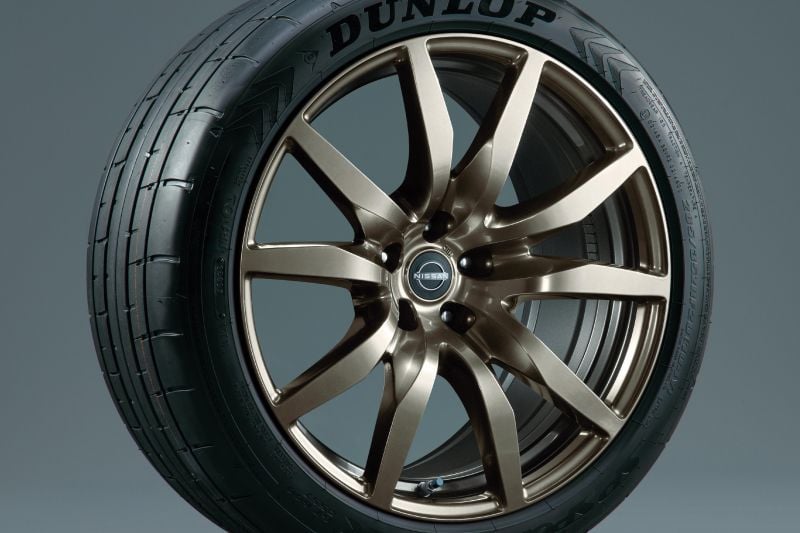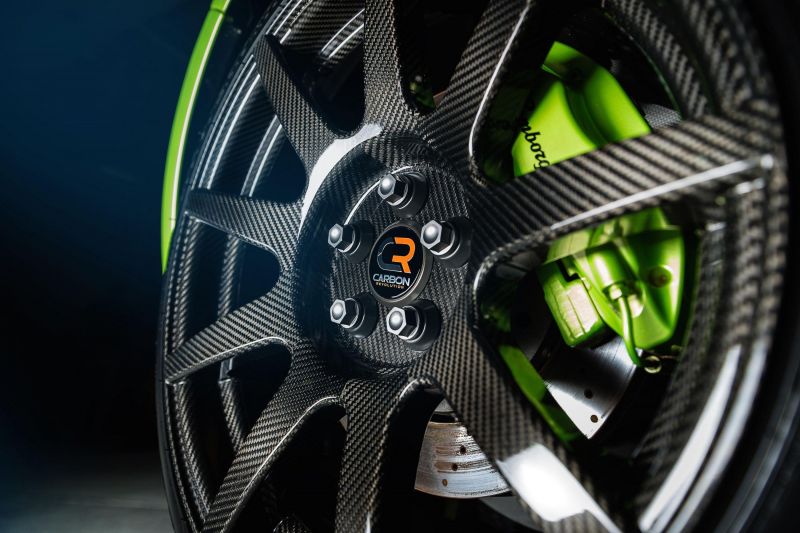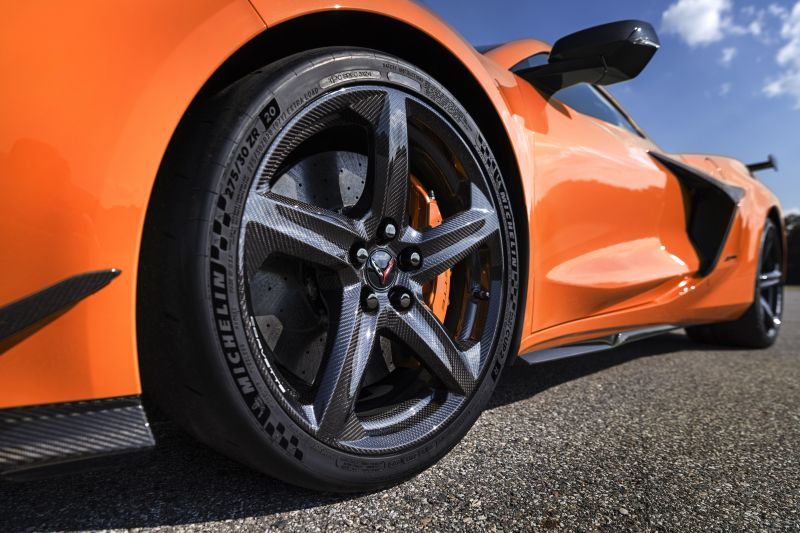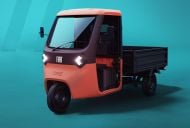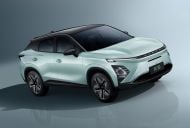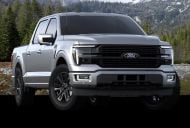Wheels are what cause a car to move, and therefore are an important part behind the design and engineering of any car. The size of a wheel can significantly affect everything from a car’s handling, refinement and ride quality.
Wheel size can also make a significant contribution to a car’s visual appeal. Many vehicles today are designed for larger wheels, and therefore press images of newly unveiled models will often show them with the biggest-diameter available.
What the wheel is made from is another significant aspect that can affect its performance.
Most cars today are sold with either steel (commonly known as ‘steelies’ and frequently equipped with a plastic cover) or alloy wheels. Carbon-fibre wheels are a recent development, but remain a niche option typically found on ultra-high performance vehicles.
Steel wheels
Steel wheels are generally the cheapest, and arguably the most practical, option. Commonly found on base trims on entry-level cars, these wheels are easy to replace if damaged, and generally come with plastic covers that can help prevent the driver from kerbing their wheels.
While durable, these wheels are generally heavier than the other wheels described in this article, which may slightly impact a vehicle’s handling and fuel efficiency.
Steel wheels are typically available in a limited number of sizes and designs. Most design variations relate to the design of the plastic wheel cover, rather than the substantive wheel itself. Entry-level cars available with steel wheels include the base trims of the Kia Picanto and Rio, and Toyota Yaris.
One of the most expensive vehicles offered with steel wheels is the new Land Rover Defender. In this case, the British firm has taken advantage of the easy repairability, durability and low replacement cost of steel wheels, to offer a tasteful painted white option marketed as a suitable alternative to alloy wheels for off-road use.
Alloy wheels
Alloy wheels are known as such because they are made from an ‘alloy’, or combination, of metals and other materials.
Alloy wheels have also historically been known as ‘mag wheels.’ This terminology stems from the fact that early alloy wheel designs from the 1960s, as used in motorsport at the time, were made from a magnesium alloy. Over time, the phrase ‘mag wheels’ became used to describe any type of alloy wheel regardless of whether it was made from a magnesium alloy.
Proper magnesium wheels are currently a very niche product in the automotive sector. Although lighter than most other types of alloy wheels, they are significantly more expensive and difficult to manufacture, and may not have the strength of other alloys. The CT4-V Blackwing and CT5-V Blackwing, Cadillac’s most powerful sedans, will soon be offered with the option of magnesium wheels.
The far more common type of alloy wheel is the aluminium alloy wheel, with the vast majority of cars sold making use of this alloy. The typical alloy wheel is usually composed of approximately 95 per cent aluminium, together with much smaller proportions of other materials including manganese, magnesium, zinc and titanium.
Aluminium alloy wheels can be manufactured in multiple different ways, with three of the most common production methods being cast, flow formed and forged.
Casting is the cheapest and most common way to manufacture alloy wheels. In this process, the aluminium is heated until it reaches a molten state, before being poured into a mould where a vacuum is used to cast the wheel into its final shape before cooling.
Flow forming is a variation of the casting process that creates a lighter wheel. The wheel is initially produced as a cast ‘pancake.’ Before the product is finished, a machine heats and then spins the wheel to widen the barrel part of the wheel (where the tyre will sit) and achieve the wheel’s final size and width.
Forged wheels are the lightest and strongest type of aluminium alloy wheel, but also make use of a comparatively expensive production process.
These wheels are made from a solid, square piece of aluminium (known as a billet) that is heated to an extreme temperature (typically as high as 400°C, but dependent on the specific alloy being used) and then pressurised. Special machines then shape the wheel from the billet.
The forging process creates a tighter grain structure in the metal, which further maximises the strength of the wheel compared to a cast alternative.
Carbon-fibre wheels
As hinted at above, weight is a key differentiator between the wheels described here. Wheels form part of a car’s unsprung mass, or weight that isn’t supported by the car’s chassis and suspension, and their positioning at the car’s extremities means that a heavy wheel could significantly compromise vehicle dynamics (such as cornering ability) and performance.
While forged alloy wheels are a step-up from their cast counterparts, the lightest type of wheel currently available commercially is the carbon-fibre wheel. These wheels minimise unsprung weight, and therefore offer significant benefits for supercars.
As a non-metallic material and an emerging technology, these wheels have a different production process compared to the typical alloy wheel. Carbon-fibre strands are initially woven into a ‘cloth’ which can either be injected with epoxy after this cloth is in the wheel mould (known as the resin transfer method) or pre-impregnated. The addition of the epoxy helps form what is known as CFRP (carbon-fibre reinforced polymer).
After the CFRP has been formed, the mould is placed in an oven known as an autoclave and baked under pressurised conditions at temperatures as high as 130°C. This is known as the curing process. Once the wheels are cured, they undergo numerous finishing processes to remove any excess material and ensure that target specifications are met.
Carbon-fibre wheels can offer as much as a 40 per cent weight reduction over a cast alloy competitor.
Local company Carbon Revolution is one of the leaders in carbon-fibre wheel production, having produced wheels for models including the Chevrolet Corvette Z06, Ford GT and Ferrari SF90 Stradale.
MORE: 2023 Chevrolet Corvette Z06 to offer Aussie Carbon Revolution wheels


